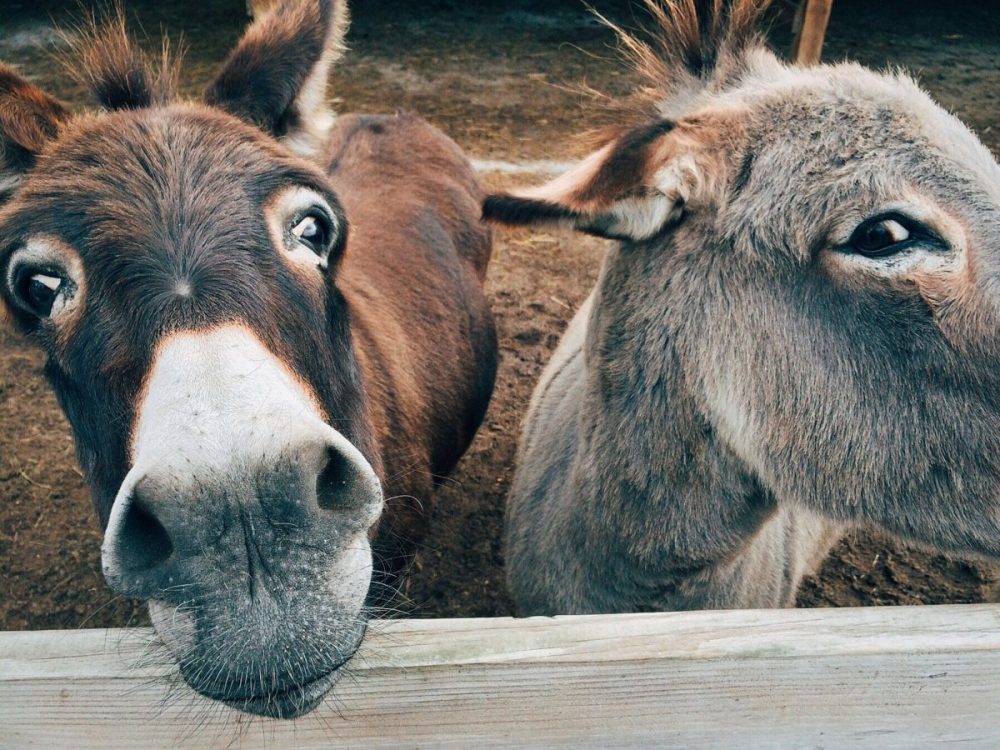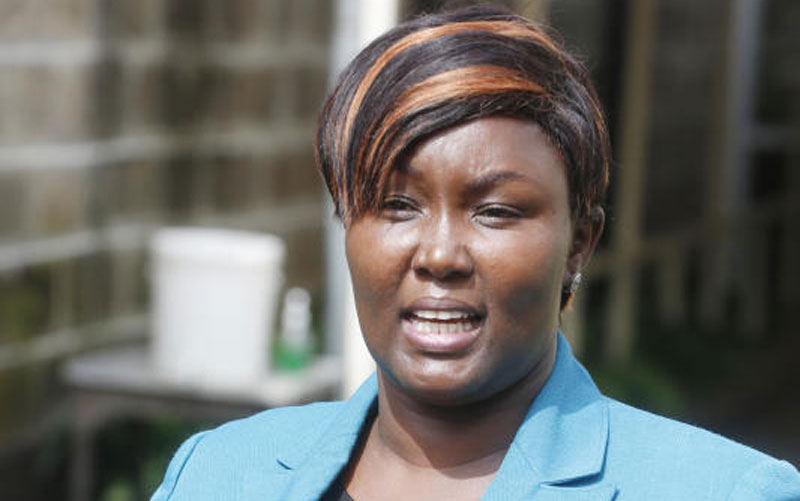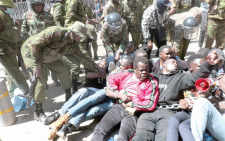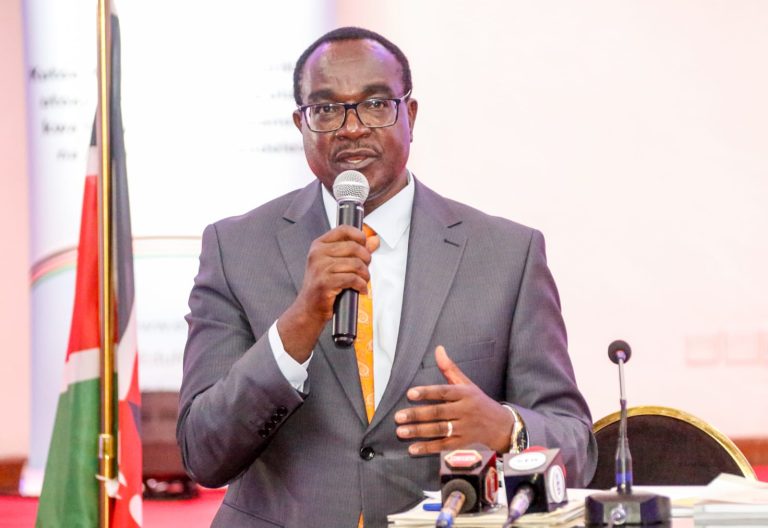AU endorses report calling for moratorium on donkey skin trade

The African Union (AU) has endorsed a report calling for a moratorium on the donkey skin trade.
The report, ‘Donkeys in Africa Now and In The Future’, highlights the alarming decline of the donkey population within Africa due to the donkey skin trade.
It was approved at the 5th Ordinary Session of the Specialised Technical Committee (STC) on Agriculture, Rural Development, Water and Environment, which is composed of ministers and senior officials of member states responsible for those portfolios in their respective countries.
The report’s recommendations will now be put forward to the Assembly of Heads of States and Governments for adoption in February 2024.
The report was produced by the African Union Inter-African Bureau for Animal Resources (AU-IBAR)in conjunction with the International Coalition for Working Equids (ICWE), made up of Brooke, The Donkey Sanctuary, SPANA (the Society for the Protection of Animals Abroad) and World Horse Welfare.
There number of donkeys in Africa has been on the decline due to numerous slaughters driven by demand from China for traditional chinese medicine.
“This is so important for communities in Africa and their donkeys which suffer untold cruelty driven by this insatiable demand for their skins. We are delighted that the Committee recognised the socio-economic contribution of the donkey to livelihoods in Africa and hope every African country will respect this decision and stop this trade to preserve this critical natural heritage and the livelihoods that it supports,” Dr Raphael Kinoti, Regional Director of Brooke East Africa.
Dr Otieno Mtula, Regional Campaigns and Advocacy Manager (Africa) for The Donkey Sanctuary, said the adoption of the report is a critical and significant milestone on the way to protecting Africa’s donkey populations and the communities that rely on them.
“The decision taken at the special technical committee session last week gives us confidence that the Executive Council of the African Union will recognize the economic, humanitarian and welfare threat posed by the donkey skin trade, as well as the contribution donkeys make to sustainable economic growth, by committing to a pan-African strategy and a moratorium on the slaughter of donkeys for their skins,” Mtula said.
The report was formed as part of the 2022 Pan African Donkey Conference in Tanzania, which was hosted by AU-IBAR, with support from both Brooke as the secretariat and ICWE.
“This is a critical step towards ending the horrific donkey skin trade across Africa. It is very encouraging that the Committee’s recommendations for a moratorium are progressing, and we are hopeful that this will lead to a permanent end to the trade, which is having a devastating impact on working donkeys and the communities whose livelihoods they support,” Linda Edwards, Chief Executive of SPANA, said.
According to Roly Owers, World Horse Welfare Chief Executive, donkeys play a vital role in communities and livelihoods around the world, including in Africa
“Any trade in donkeys needs to be sustainable and enforceable, and too often clamping down in one country or region leads to the problem moving across borders. So it is positive that African leaders agree they need a common position on donkeys and a moratorium on their slaughter for skins so they can determine whether the trade is sustainable and in the continent’s interests,” Owers said.
The 5th Ordinary Session of the STC on ARDWE took place on November 14-17, 2023, at the African Union Head Quarters in Addis Ababa, Ethiopia.
Delegates from the following Member States participated in the STC: Algeria, Angola, Benin, Botswana, Burundi, Cameroon, Chad, Central Africa Republic, Comoros, Congo, Cote d’Ivoire, Djibouti, Eritrea, Eswatini, Egypt, Ethiopia, The Gambia, Kenya, Lesotho, Libya, Liberia, Malawi, Morocco, Mozambique, Namibia, Niger, Nigeria, Rwanda, Senegal, Sao Tome and Principe, Sierra Leone, Somalia, South Africa, Tanzania, Togo, Tunisia, Uganda, Western Saharawi Republic, Zambia and Zimbabwe.









